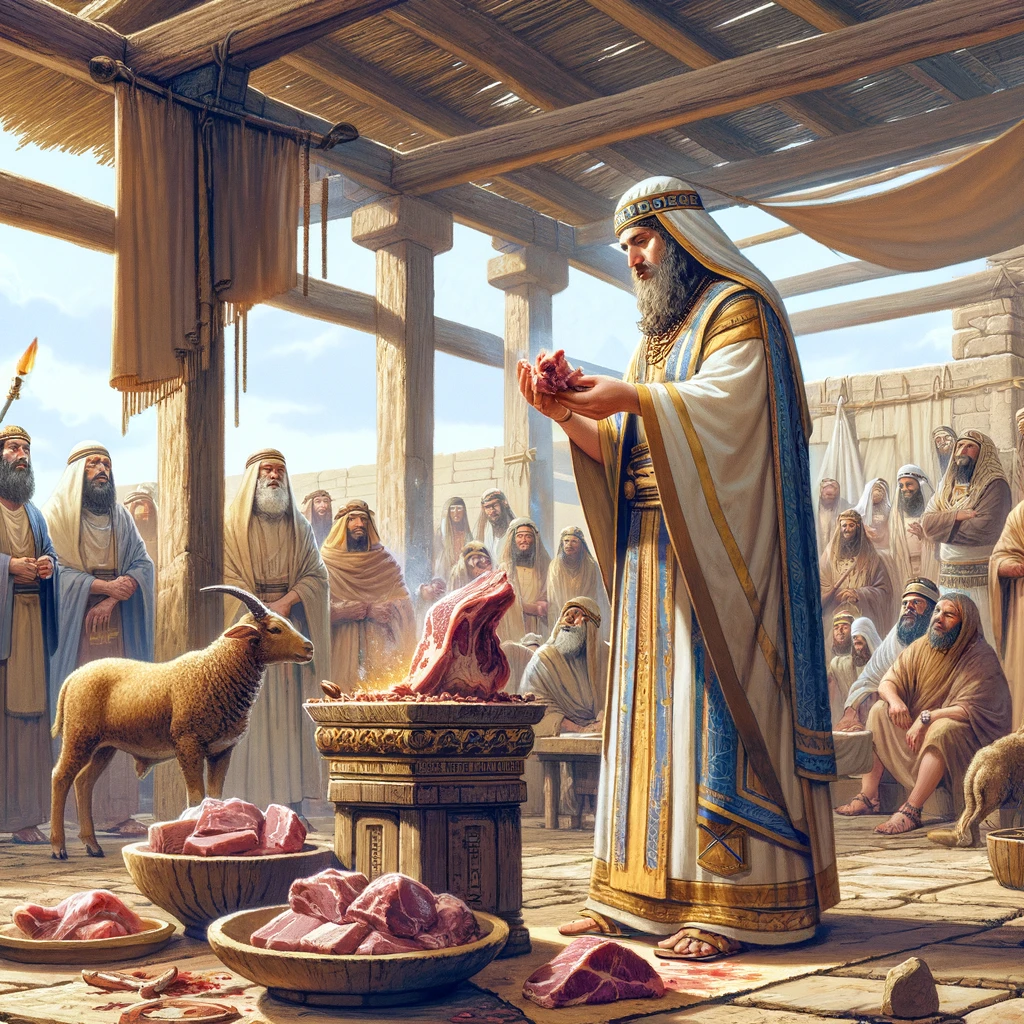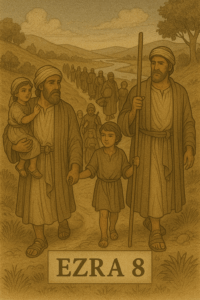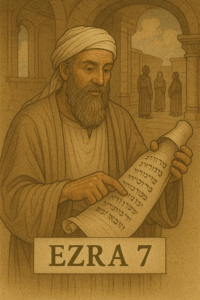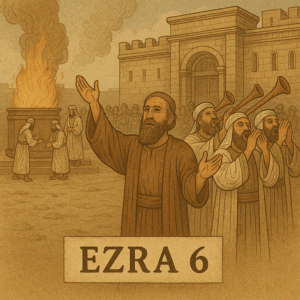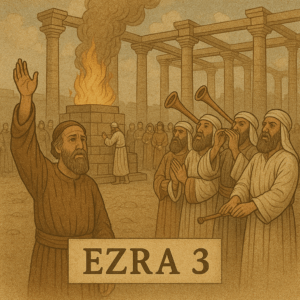Beyond Atonement: The Joyful Celebration of Peace Offerings
While Leviticus often evokes images of solemn sacrifices, Chapter 3 unveils a different aspect – the peace offering, also known as the fellowship offering. It wasn’t solely about atonement for sin, but a joyous occasion for shared feasting and reconciliation with God and the community.
From Herd to Flock: Diverse Options for Offerings
Peace offerings could come from the herd (cattle, sheep, or goats) or the flock (sheep or goats). This flexibility allowed individuals and families to participate, fostering inclusivity and communal celebration.
Sharing the Bounty: A Feast with Symbolic Meaning.
Unlike other offerings primarily burned on the altar, the peace offering was divided into three parts: a portion burned for God, one for the officiating priests, and the remaining share for the offerer and their guests. This act symbolized shared blessings, reconciliation, and joyful fellowship with God and the community.
Sacrifices of Thanksgiving and Vows: Expressions of Gratitude and Commitment.
Peace offerings could be voluntary expressions of gratitude or fulfillments of vows made to God. This highlights the connection between our own acts of thanksgiving and the deeper relationship we build through shared feasting and celebration.
Beyond Ritual: Modern Applications of the Peace Offering Spirit.
While the specific practices differ, the essence of the peace offering holds valuable lessons for our modern lives:
i. Cultivate gratitude: Regularly express thanks to God for your blessings, both big and small.
ii. Seek reconciliation: Actively repair broken relationships and build bridges of forgiveness.
iii. Share your blessings: Participate in community-oriented activities and share your resources with others.
iv. Celebrate joyful moments: Recognize life’s victories and milestones with shared meals and expressions of gratitude.
Conclusion:
Leviticus 3 reveals the peace offering as more than just a sacrifice. It embodies the spirit of joyful fellowship, gratitude, and shared experience with God and our communities. By reflecting on its core values, we can enrich our own spiritual lives and build stronger connections with ourselves, others, and the Divine.
Share Article
Leviticus 3: Peace Offerings – More Than Sacrifice, a Feast of Fellowship
